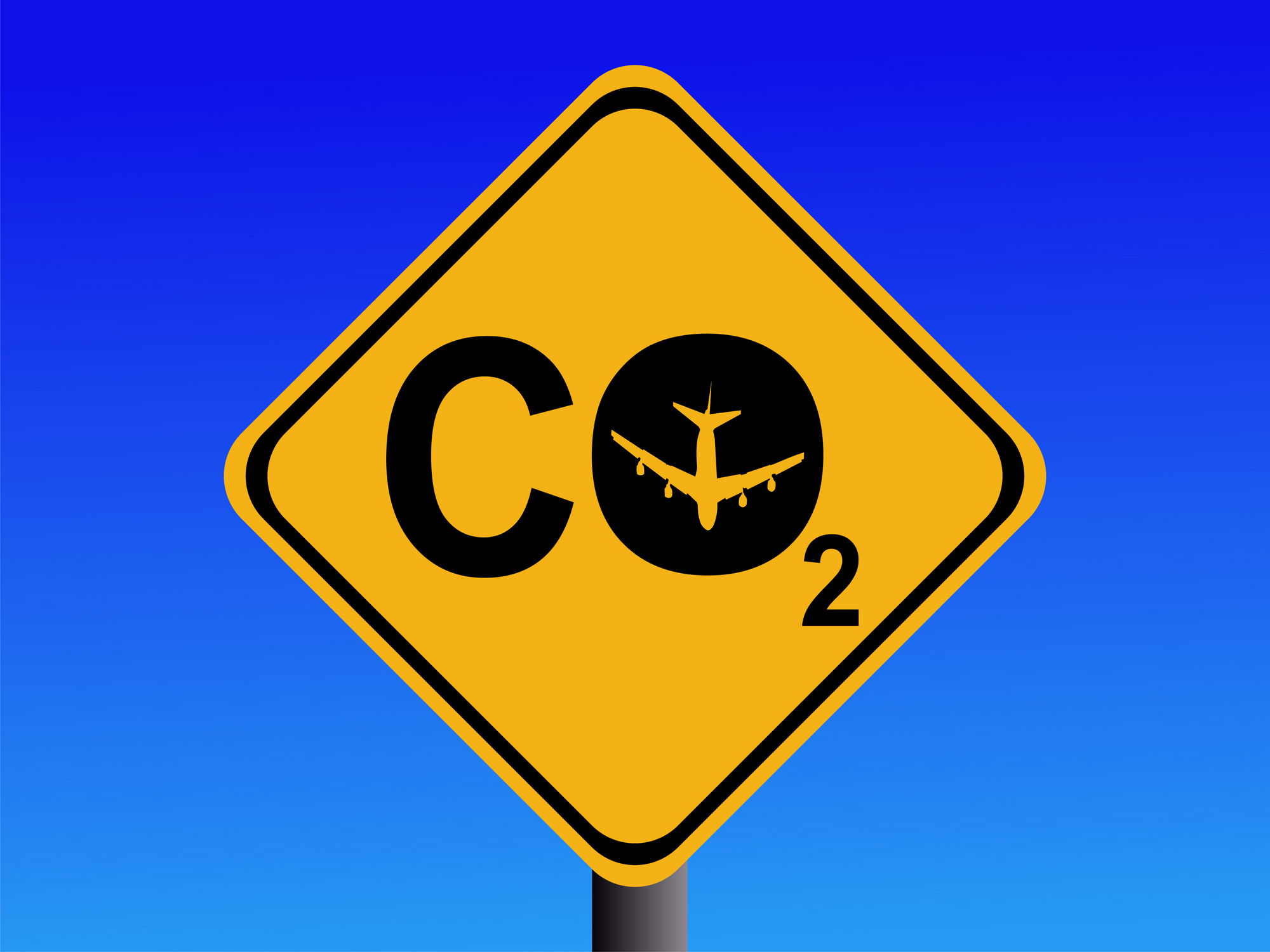Governments around the world do seem to enjoy ridiculing commercial aviation. Civil aviation is, as it has always been, a political football. And now it seems everyone and their dog want to have a kick at airlines while they are down. Especially it seems in the UK and EU. We all recognise the need to reduce emissions in a very large way, very quickly and to the benefit of the civil aviation sector, passengers and the world. In the UK and in most other countries in Europe at least, emissions could fall by a huge percentage if European air traffic management was integrated to enabled the increase of controlled decent landings/Continuous Decent Arrivals (CDAs). Then they could look at adding runways to existing airfields that still suffer from overcrowding and hence stacking and long taxi waits, to delete the same. Once that is done then maybe governments will be able to look at which airlines are not running the most fuel efficient aircraft, without new replacement aircraft on order, of which there are very few these days. Why are IATA and other industry bodies not far more vocal regarding CDAs and the need for governments to sort out air traffic management when it comes to the global warming/emissions question?
In Dublin on the May 11-12 2021, The Airline Economics Aviation & The Environment conference will look at reducing emissions through financing and leasing, technology and regulatory/government action. It will not be jumping on any bandwagons strapped together by green crusaders. It will deal with facts and solutions that the sector can and is providing and solutions which governments could provide to the benefit of all, if they could be bothered and/or maybe if they really cared.
Beware of anyone producing a roadmap for reduced carbon emissions from aviation who does not have CDAs right at the forefront of both their argument and any conclusion/proposed solution, as they obviously have no clue, but they might have influence. We, as an industry, need to call them out and educate them.
I post this message today because I was reminded of these facts of late by a new travel company called “Byway”. Byway is now ABTA bonded and poised to launch when the current lockdown lifts. “Byway is on a mission to build a post-Covid world in which flight-free holidays are normal, and a vibrant travel ecosystem flourishes away from the beaten path”. “It aims to accelerate the transition to sustainable leisure travel and draw tourists away from airport hubs suffering over-tourism to the wonderful places in between, boosting local economies”. They go on: “With rail travel accounting for just 14g of CO2 per passenger mile, compared to 285g for air, you could get the train from London to Edinburgh and back five times and your carbon footprint would still be lower than if you flew there”.
My first thought to this was of dismay that they are planning on ballsing-up all the areas of the globe unaffected by the intervention of humans. The statements on carbon footprint are not entirely accurate, but are close to the mark for the leg mentioned. However, if these tourists touch foot onto a ship at any point then their carbon footprint eclipses that of aviation completely. Indeed take a train ride though mainland Europe and you will at some point reach a stretch of track either powered by coal-fired power stations or the trains will run on diesel – again the carbon footprint then eclipses that of a direct aircraft by a huge margin. We can all give a myriad of journey plans where aviation is the most efficient form of travel over a longer distance, and conversely where rail or even car are the best choice, this is nothing new. This new travel company was started by the UK tax payer donating £100k to the cause, through the Innovate UK's Sustainable Innovation Fund. Let us hope that their holidays stay under 600 miles point to point and also stay on the UK mainland, otherwise they will require rowing boats or sail power to beat any modern in-production aircraft. Aviation needs to find its voice, and it needs to do it fast. IATA, for all its benefits, is not able to lobby effectively.
Philip Tozer-Pennington
philipt@aviationnews-online.com

